An explosive narrative investigation of the drug boom from an award-winning journalist Katherine Eban, reveals fraud and life-threatening dangers on a worldwide scale. Her novel, an NYT bestseller ‘Bottle of Lies’ accounts for how the world’s greatest public-health innovation has become one among its most astonishing scams.
Today, almost 90 percent of our pharmaceutical market is comprised of generics, the bulk of which are manufactured overseas. We've been reassured by our doctors, our pharmacists and our regulators that generic drugs are just like their brand-name counterparts, just less costly. But is that really true?
Eban published a gripping account after erstwhile Ranbaxy Laboratories admitted to selling adulterated drugs in an American court.
Katherine draws accounts from moles and watchdogs, along with thousands of pages of confidential FDA documents, and rips off an industry where fraud is rampant.
What’s heartening for consumers is the Central Drugs Standard Control Organisation (CDSCO), which never found problems with the company’s drugs in India. Katherine recurred the discrepancy between the FDA’s and CDSCO’s accounts in the book.
She mentioned, the CDSCO, never critically acted against the biggest offenders, such as Ranbaxy and Hyderabad’s GVK Biosciences. For GVK Biosciences, the European Medicines Agency (EMA) found the company to be manipulating drug-quality data in 2015. Former CDSCO chief G.N. Singh, however, tries to explain away the findings by referring it as conspiracies against the Indian industry.
These generic drugs have plagued the market so deep that patients consume these cheap-alternate medicines with unpredictably dangerous effects. The story of generic drugs is actually global. It connects middle America to China, India, Sub-Saharan Africa and Brazil, and represents the last word the litmus test of globalization: what are the risks of moving drug manufacturing offshore, and are they well worth the savings?
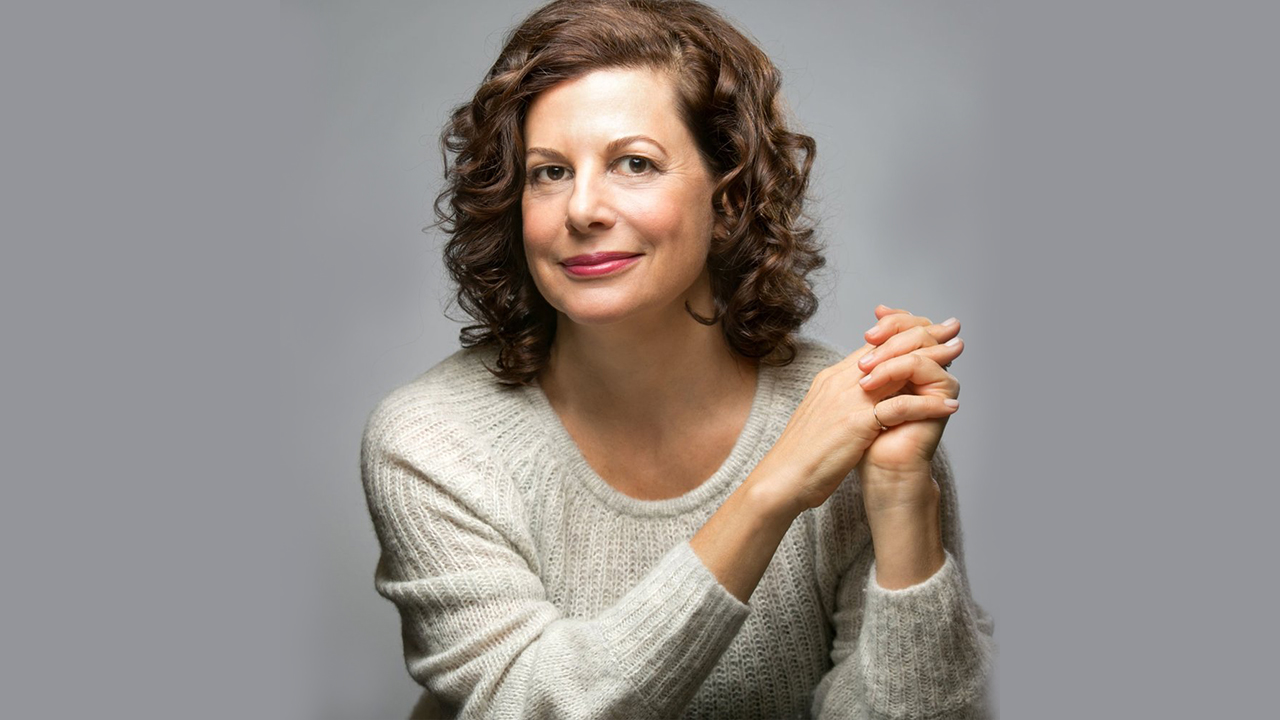
 Indian Generic drugs are all sham .... says award winning journalist Katherine Eban
Indian Generic drugs are all sham .... says award winning journalist Katherine Eban








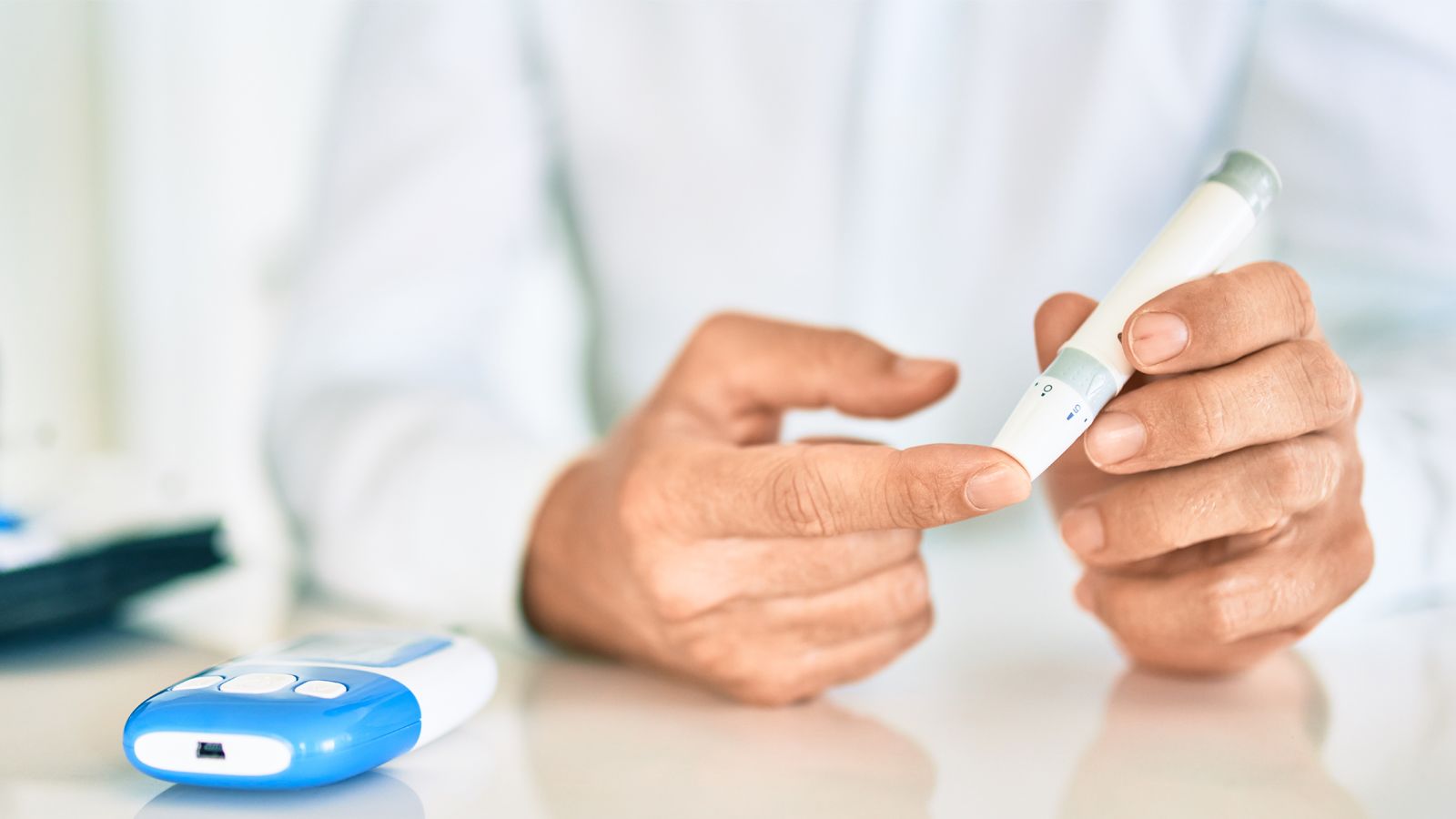
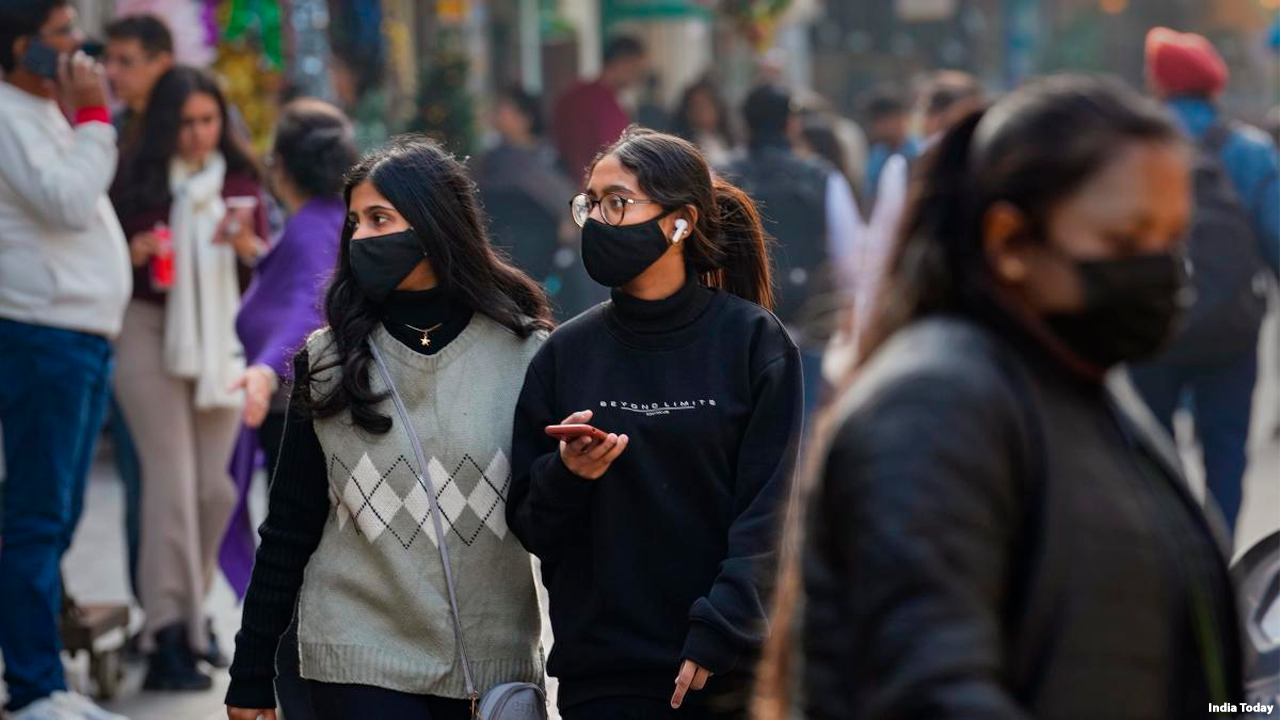
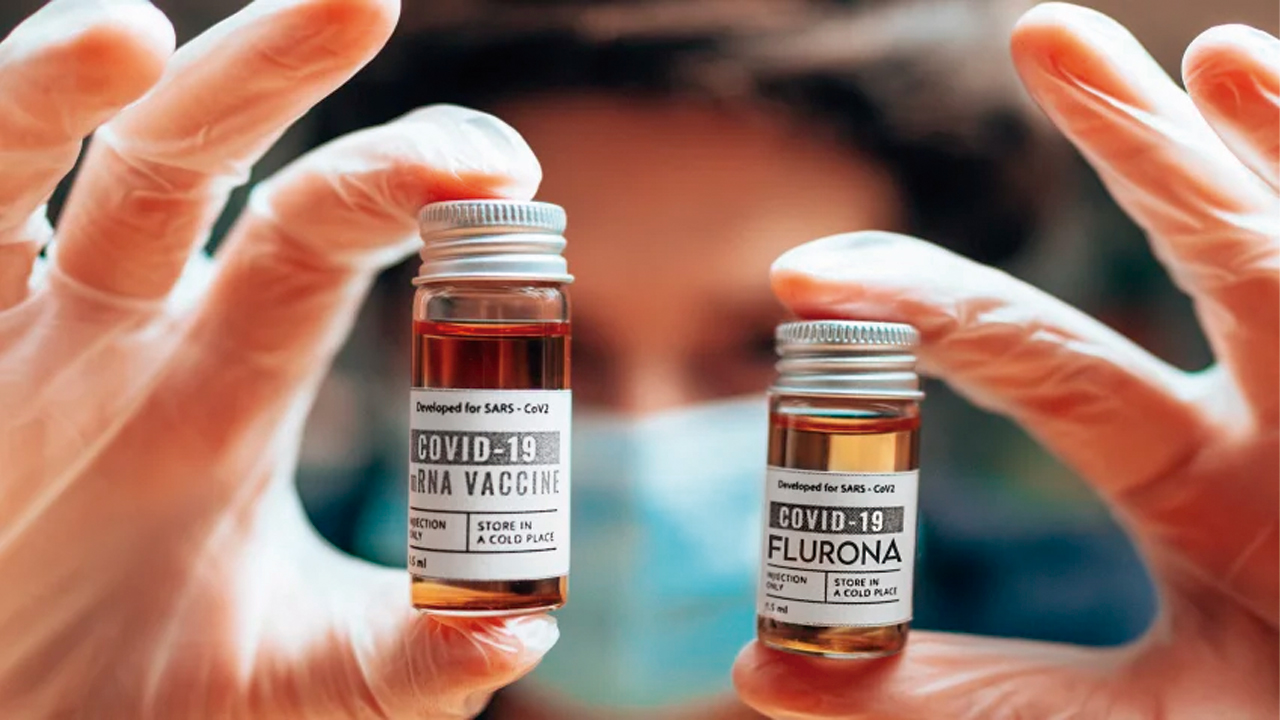
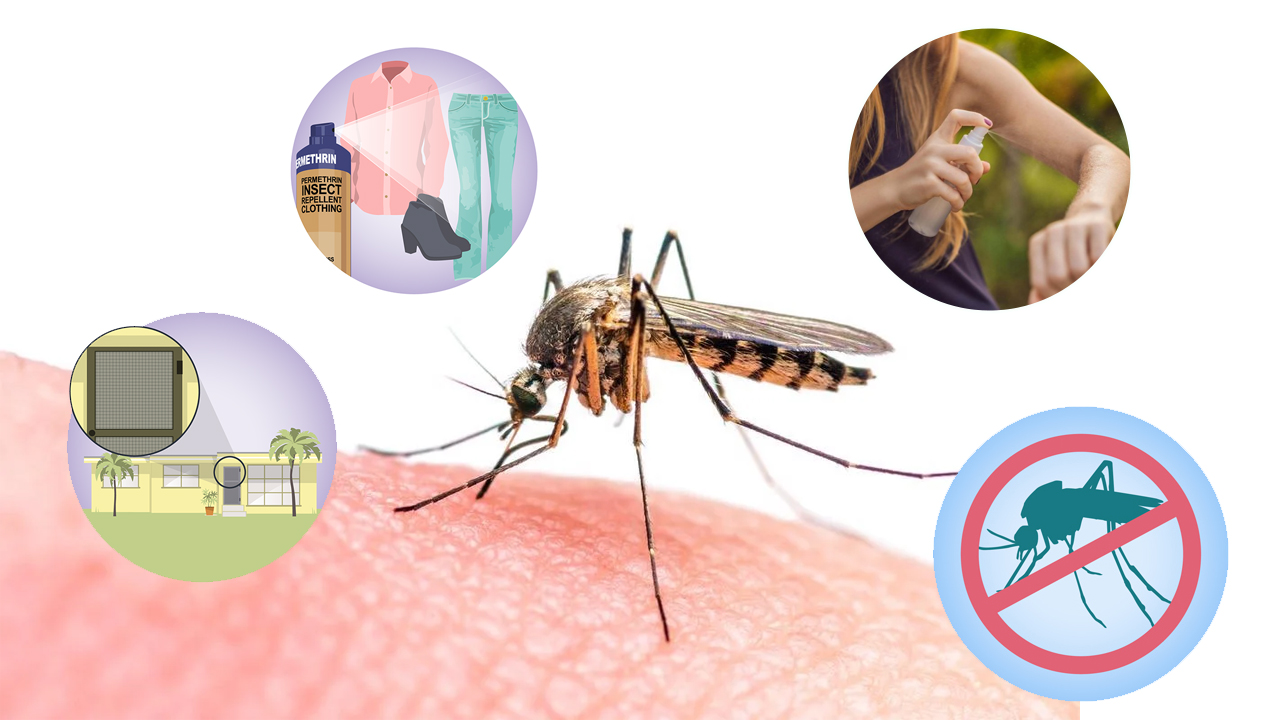
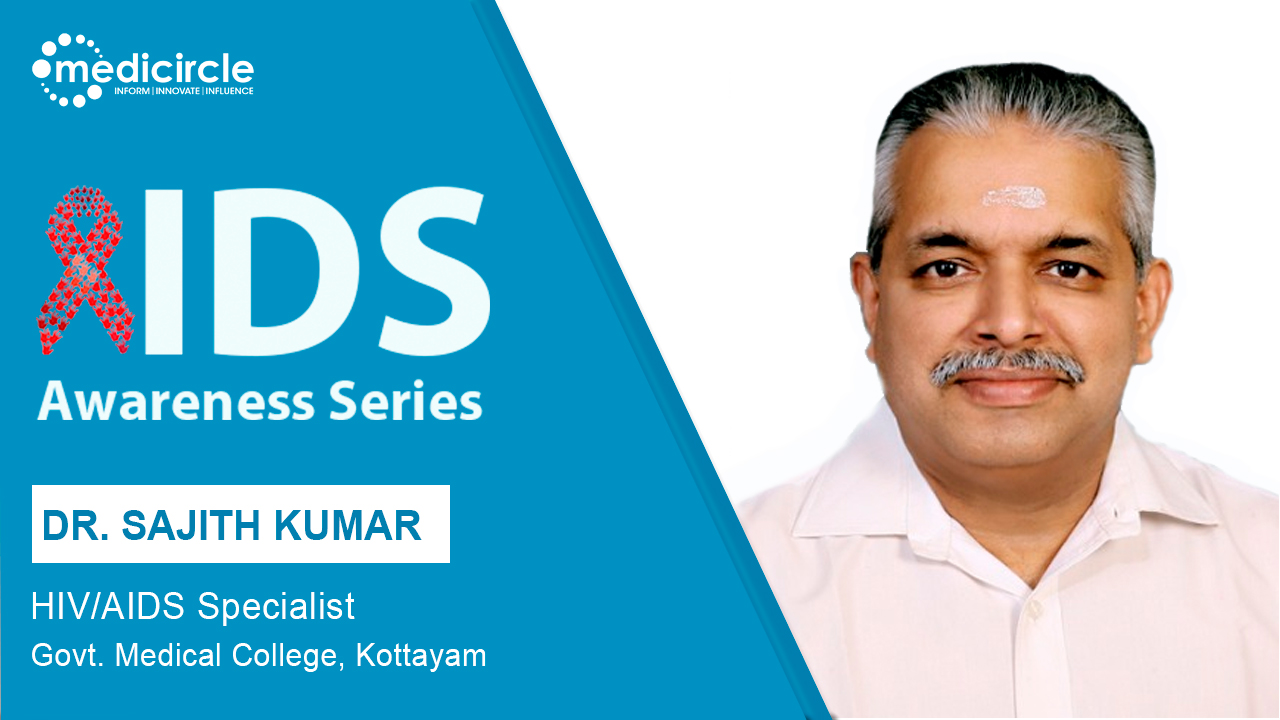
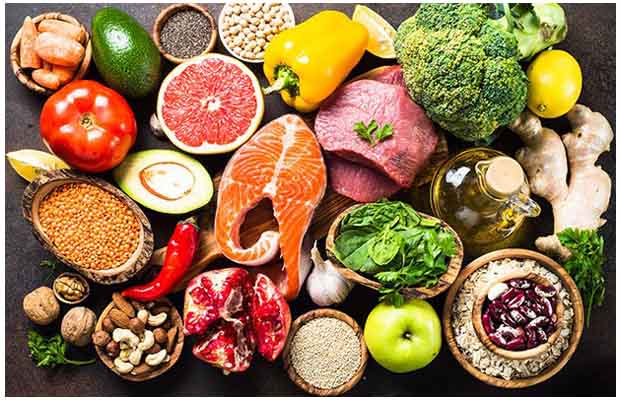
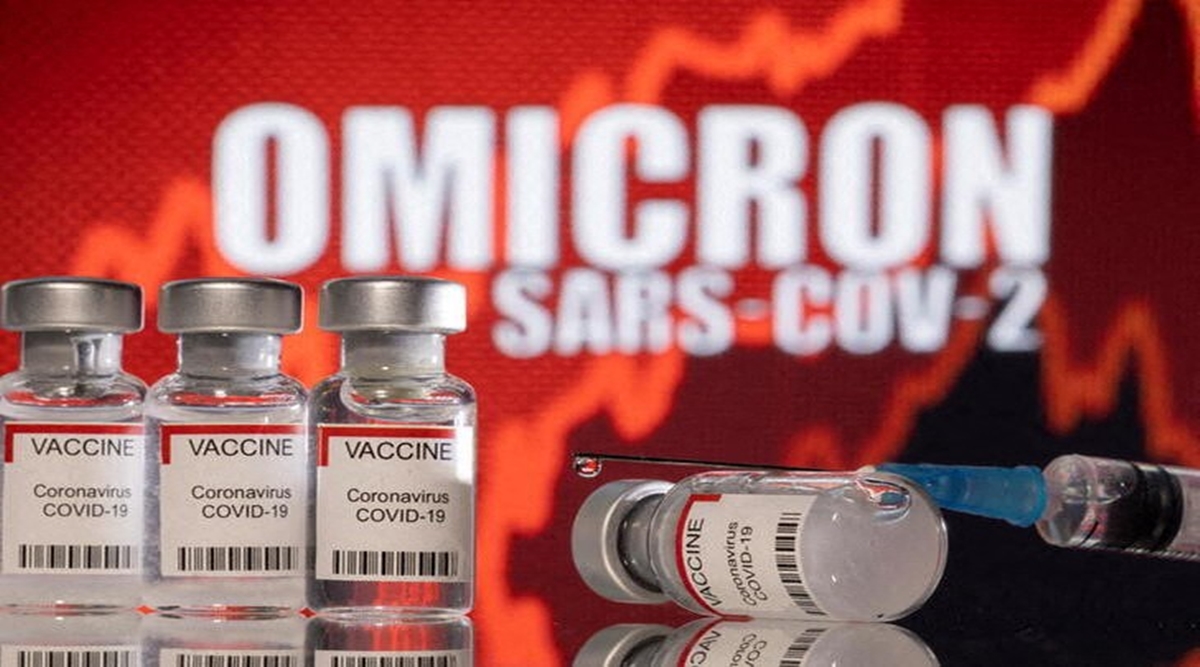





.jpeg)

.jpeg)










.jpg)




.jpg)

